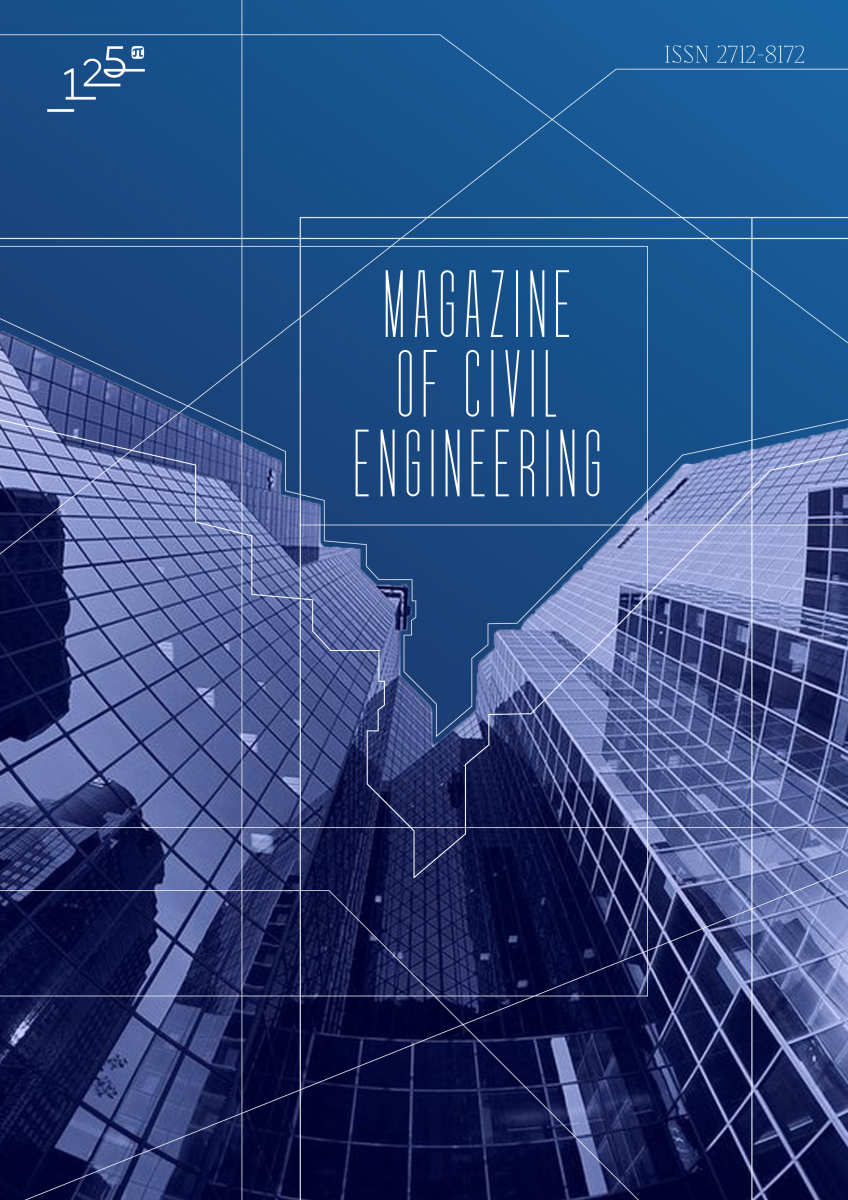Predicting creep deformation of asphalts modified with polymer using artificial neural networks
This study presents an application of the Artificial Neural Networks (ANN) for creep rate prediction of asphalt concrete modified with different rubber contents. Acrylonitrile butadiene rubbers (NBR) under powder form are used in this study. The polymer is an industrial waste produced by the Algerian Elastomer Company. The most appropriate model is the multilayer back propagation network. It is produced to implement the complexity of the non-linear between the data network and the product result. It is established by the incorporation of an important experimental database and by an appropriate choice of the architecture and of the learning process. We will show that the developed ANN model received rubber contents, test temperature, compactness and the loading stress as the input and provided the creep rate as the output has better capability to predict the final creep rate in a short time with low error. The model is further applied to evaluate the effect with different contents of polymer on creep rate of bituminous concrete modified. Obtained results show that creep rate is reduced at 2 % of polymer adding. However, an increase in percentage of additives over 2 % does not help to reduce permanent deformation of asphalt mixtures. ANN model introduced provided a more accurate tool for the design of bituminous concretes modified.


